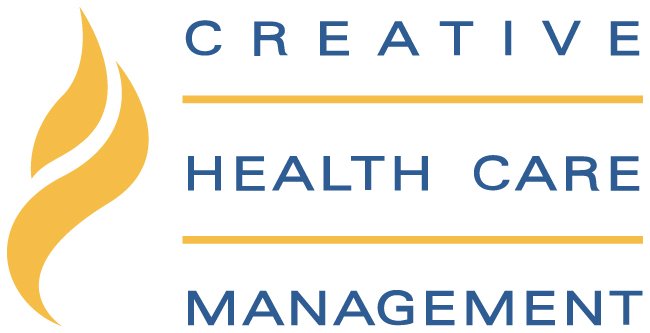Healthcare teams need to utilize the best methods to understand their patients. In particular, trauma-informed care is a critical practice in providing quality care. This approach ensures that health care providers understand the importance of trauma-informed leadership. Here’s a closer look into this form of care and how Creative Health Care Management can provide this vital leadership training for your leadership teams and nursing staff.
What Is Trauma-Informed Leadership?
Trauma-informed leadership is a form of guidance that considers a person’s lived experiences. Acknowledging that people have individual traumas gives the leader a unique perspective rooted in empathy.
Through compassionate leadership, everyone involved can come together to address and heal their trauma. This approach helps to create a more cohesive environment overall.
A Complete and Holistic View
Teams that let their patients’ trauma guide their work will end up with a more complete and holistic view of how to care for them.
For instance, some people may be reluctant to see a doctor because of unpleasant experiences in the past. However, if the staff is trained in trauma-informed leadership, they can be more understanding. They will know how to connect with the patient by recognizing emotional scars and working around them to achieve the best care that the patient deserves.
Accordingly, patients are going to feel more secure in the care that a healthcare team delivers since they recognize the difficulties they have gone through.
What Are the Advantages of Having Trauma-Informed Leaders?

Trauma-informed leaders recognize the struggles that people experience and adjust their approaches accordingly. Even the leaders themselves have survived traumatic events in their past experiences, helping serve as the groundwork for their informed care.
By being a person who recognizes their own trauma, they can help others work through their struggles as well. These leaders have a strong foundation built on real-life experiences, in which traumatized individuals are likely to find solace. Essentially, trauma-informed leaders can show up and be present for their traumatized patients.
Four Relational Practices
Being consistently present for patients involves four relational practices to bring therapeutic relationships to life.
Attuning
This practice requires us to tune into ourselves and others to efficiently facilitate relationships. Being tuned into oneself exhibits a grasp of one’s emotions, allowing trainers to teach participants how to achieve a similar level.
Wondering
This practice is about being truly interested in what participants are going through. It is rooted in genuine care and a desire to support the person’s wellbeing.
Following
Once we know what trauma survivors have gone through, we follow through with what we learn by delivering the necessary programs for their care. In essence, we are responding to their needs by effectively applying the things we learn.
Holding
We must support a traumatized patient’s resilience by providing a haven where they can confidently recover, knowing they are free from harm. This practice prepares individuals to reenter the world feeling supported.
What Are the 5 Pillars of Trauma-Informed Care?

The five pillars of trauma-informed care are:
- Safety:
- We must ensure the physical and emotional safety of people. Putting this principle in practice looks like respecting a patient’s privacy and ensuring they feel welcome.
- Choice:
- Individuals must know that they have full control and can freely make choices in their treatment. Thus, we must teach them about their rights.
- Collaboration:
- We must work together with the individual to heal. Accordingly, individuals must know about any plans or programs that they will eventually experience.
- Trustworthiness:
- Individuals must know exactly what they are getting into. At the same time, we maintain respectful and professional boundaries.
- Empowerment:
- We must focus on building skills by providing an atmosphere that validates and affirms individuals.
Trauma-Informed Leadership Training by Creative Health Care Management
At Creative Health Care Management, we developed a trauma-informed instructional framework focused on supporting the recovery and restoration of traumatized individuals. Our comprehensive course helps teams learn about concepts and techniques that enhance personal and relational well-being for posttraumatic growth.
Upon completing the course, we expect participants to:
- Boost self-care for leaders
- Improve staff engagement
- Maximize wellness resources
- Diminish burnout and feelings of isolation
- Enhance mental health support
We understand the stigma associated with trauma and it remains a learning process for leaders and staff alike to overcome. Through this course, we are building resilience among professionals. Teams can then receive training tips from their leaders who complete this course through a workshop or similar training session. Obtain the necessary knowledge from our course to help your organization recover.
Conclusion
The Trauma Informed Leadership Program introduces individuals to a whole new level of care. At Creative Health Care Management, we developed our training course focused on trauma-informed leadership training to provide the tools necessary for the proper application of trauma informed care. Schedule a call with us today to learn more!
Resources:
https://healthadministrationdegree.usc.edu/blog/trauma-informed-leadership/


